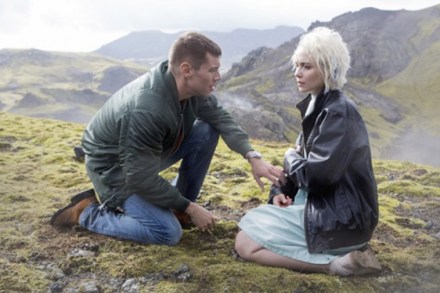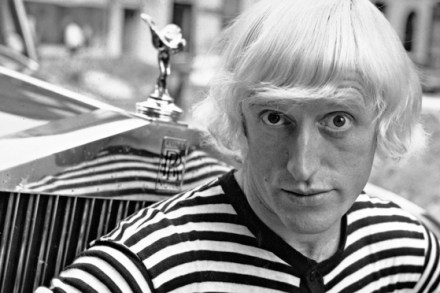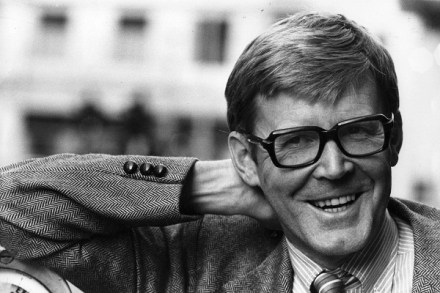Pet rescue
I adore Andrew Roberts. We go back a long way. Once, on a boating expedition gone wrong in the south of France, we had a bonding moment almost Brokeback Mountain-esque in its bromantic intensity. Roberts had hired an expensive speedboat for the day (as Andrew Roberts would) and we’d left very little time to get it back to harbour and avoid being stung for a massive surcharge. Problem was, the seas had got very rough and our anchor was stuck fast. We manoeuvred the boat this way and that to no avail. There was nothing for it. Someone would have to dive down to free it. It wasn’t easy. The


















